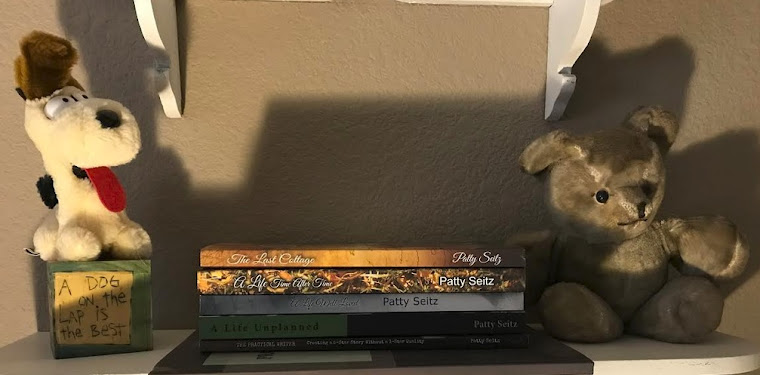In
my reference book, The Practical Writer,
I have a very long list of sound-alikes along with their meaning, most of them
either errors I have seen in novels, or actually errors I have made myself but
thankfully caught when proofreading. If I see that type of error, I don’t feel
it affects the quality of the work. You would be looking at a word that is
spelled correctly—it’s just the wrong word. So that would be a very easy error
to overlook. The only time it would affect the quality is if that same word is
used over and over again. Then that obviously indicates the writer doesn’t know
the difference.
When
I come across a sound-alike that I’m not 100% positive I’m using the correct
spelling, I look it up. Then I add that to my notes. I have a word expander
program, and I will also create a shortcut for the correct spelling I need so I
don’t have to worry about making that same mistake throughout my story. By the
way, there is an entire chapter devoted to using a word expander in The Practical Writer, and it even works
with Autocorrect in Word, so there is no additional expense. Using a word
expander can save you a lot of time with both your production and proofreading.
I’m
thinking the list of sound-alikes is probably endless. I have come up with 5
more on my list that I didn’t include in the book, only because I forgot about
them. As time goes on, I may add to that list and upload a new edition, but the
good news is that there is a blank page at the end of almost all of the
chapters for you to add your own notes if you have the print copy. Even if you
have the E-book version, you can still create your own reference notebook and
use it often throughout all of your projects.
Here
are the few you may want to add to your own list:
a while or awhile > This one gets me almost as
often as affect versus effect. The first
is a noun; the second is an adverb. Most of the time (I never say always,
because there can be exceptions), if you need the noun, the phrase will be
preceded by for.
You’re
going to have to wait for a while for the test results.
--but—
You’re
going to have to wait awhile for the test results.
desert or dessert > The easiest way I have
found to remember this one is that dessert
has 2 s’s, and many times we want seconds on dessert, right? Two pieces of
pie—two s’s.
farther or further > I have read that these
terms can be interchangeable, and the meaning certainly wouldn’t get confused
if you used one or the other. Technically, farther
refers to physical distance (think of
“far away”). Further refers to
an extent of time or degree.
He
ran much farther than anyone thought he would accomplish.
--but--
There
will be no further discussion of this matter.
formally or formerly > These terms can be
confusing, but since formerly refers
to the past, I think of bEfore and formErly. If the phrase or sentence is not
talking about something in the past, then I know I need formally.
sweat or sweet > This is a little silly to
think of it this way, but swEEts are bad for the tEEth. If you need help with the other word, think
of sweAt and wAter.
The
list I have included in The Practical
Writer is definitely not complete, and I’m not sure you could ever have a
complete list. I often use my Gregg Reference
Manual, because it has a very lengthy list of sound-alikes. It’s an excellent
book to add to your reference library.
I
hope you find the above helpful. Sound-alikes can be a pain (or pane?—no!), but
creating your own list and double checking where you need to, and those types of
errors will be few and far between. Keep
reading, keep writing, and remember to enjoy your day and enjoy the journey!

No comments:
Post a Comment